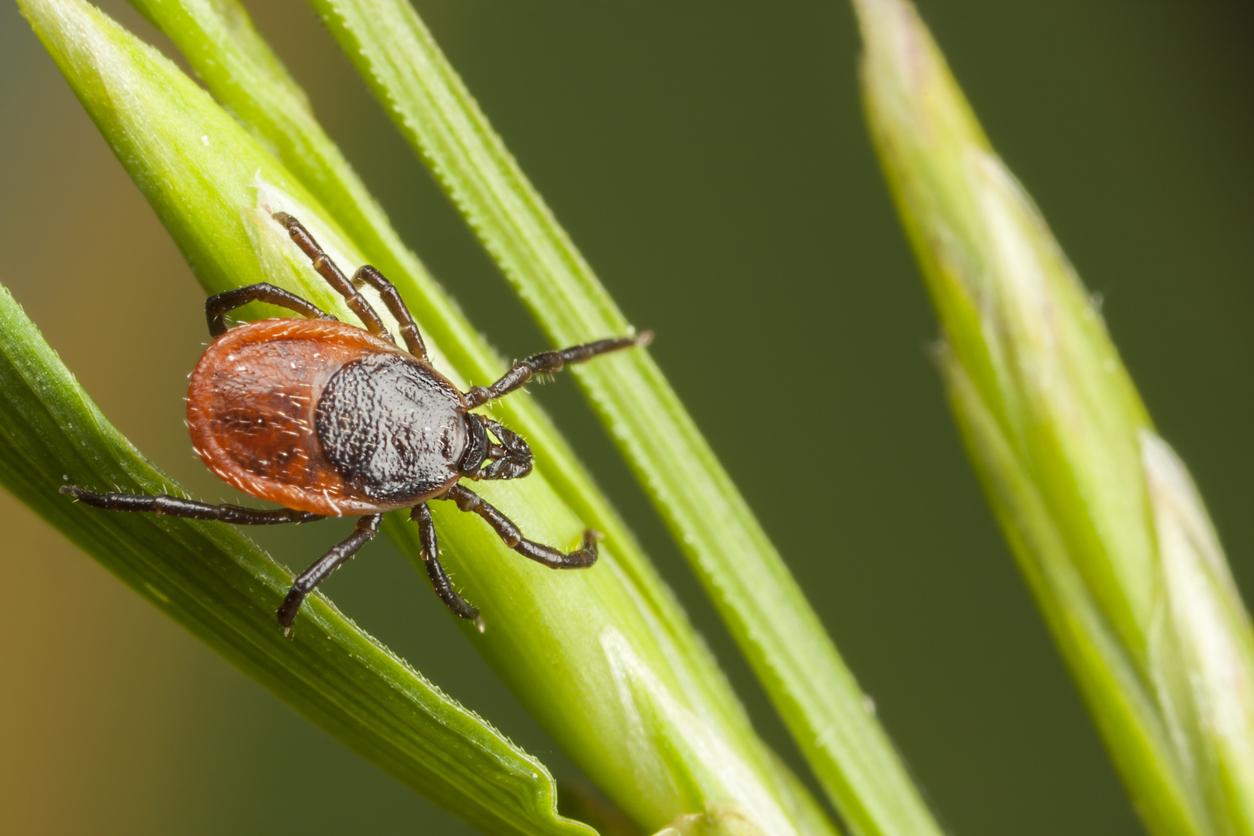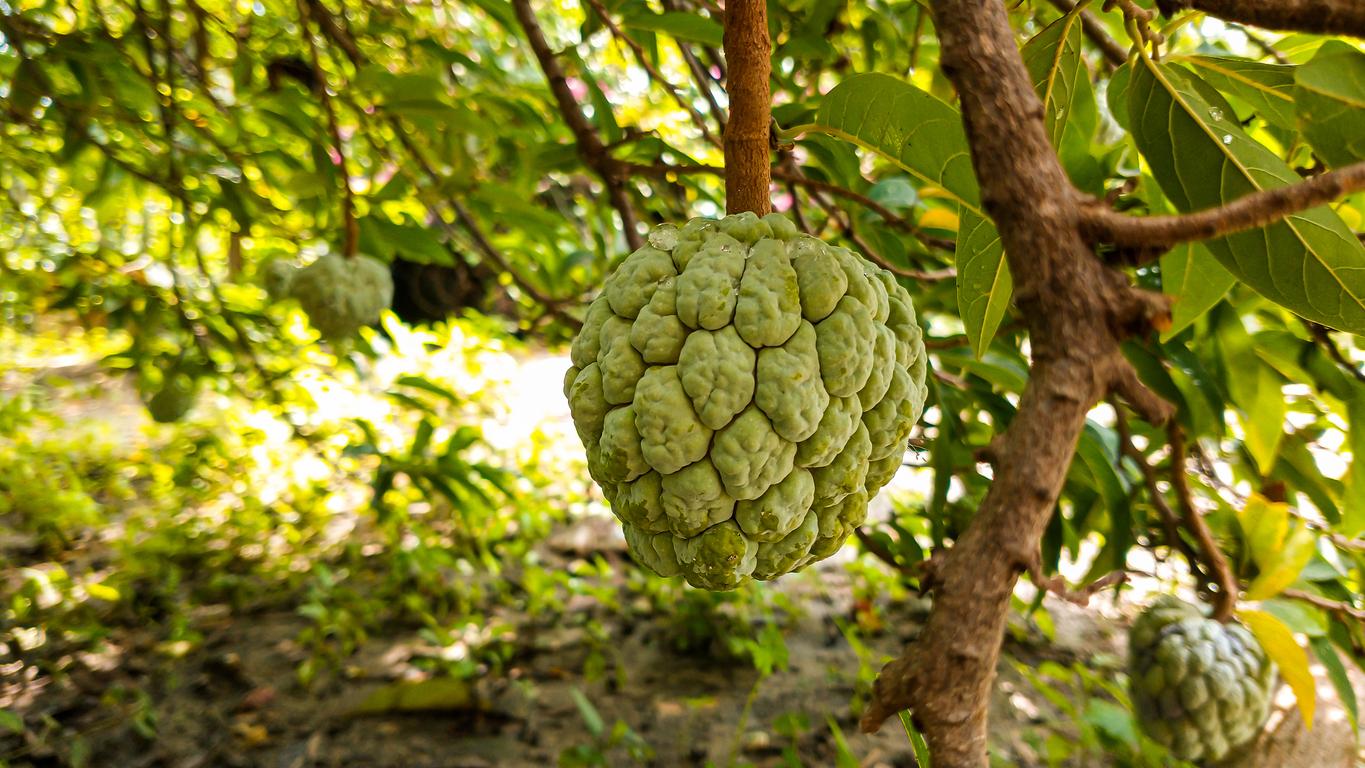Source of phobia for many, the spider could perhaps hold the secret of the painkillers of the future. The venom of some species contains molecules capable of blocking the transmission of pain signals.

These little beasts can be scary, but they are very useful. 45,000 species of spiders live with us on Earth. Those who kill their prey with venom may hold the key to the next generation of painkillers. A study published in the British Journal of Pharmacology identifies seven promising compounds.
Pain is felt when nerves in the affected area send a signal to the brain. This is called the pain circuit. In some people, part of this circuit is altered. “Previous research has shown that a genetic mutation that affects the Nav1.7 channels [présents sur la membrane cellulaire] makes you insensitive to pain, ”said Professor Glenn King, author of the study, in a statement. “Blocking these channels could potentially turn off pain in people with normal pain circuits. “
A stable and powerful compound
Among the 206 venoms analyzed by the team from the University of Queensland (Australia), 82 contained a product acting on the Nav1.7 channels. Researchers have identified precisely seven compounds, one of which is of particular interest to them. More powerful than the others, it is also extremely stable to heat, chemical and biological attacks. The ideal candidate to become a drug.
If the Australian team is enthusiastic, it is also because venoms are at the heart of the search for new drugs. “It is estimated that there are 9 million peptides from spider venom, and only 0.01% of this pharmacological horizon has been explored so far,” said Dr Julie Klaae Klint, who participated in the research. “Exploiting this natural source of new treatments brings real hope to accelerate the development of a new class of analgesics. A long-awaited challenge: 1 in 5 people suffer from chronic pain in the world.
.

















